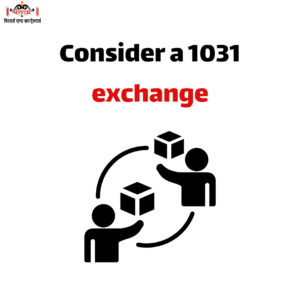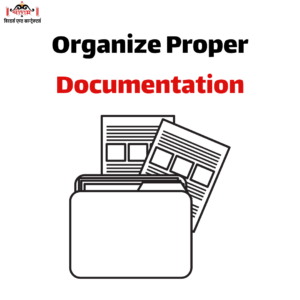Rental income can serve well as a backup income and an ideal source of additional income, although it should be remembered that it also comes with some tax implications. Considering that the approach of saving tax on rental income can greatly affect your general wealth. In this article, we’ll help you learn and cope with the easiest ways to manage your taxes while generating rental income.
Understand your rental income
• Know your expenses – This means taking the time to ensure you have a solid understanding of the expenses that go hand in hand with renting a property, such as repairs, maintenance, paying property management fees and mortgage payments.
• Claim Deductions – Make sure you have all the deductions that apply to your investment property, including property taxes, insurance, utilities and depreciation.
Deciding on the best tax system :-
• Standard Deduction Vs. itemized deductions – Compare using standard deductions or itemized deductions to make sure they work for your tax situation. It improves the process by limiting itemization, which was the reason some people could have more tax savings from itemized deductions.
• Consider the Section 199A Deduction: For taxpayers who meet the eligibility criteria, the Section 199A deduction is an inclusion of rental income.

Acceleration and deceleration of costs and income :-
• Timing – Strategically trigger the necessary expenses to get tax benefits. Such things as prepayment for certain expenses or possible deferral of income until the next year, which has a lower tax liability, can be taken into account separately.
• Installment plan for reporting – determine whether it is profitable to report rental income in installments as this will allow the tax liability to be spread over several years.

Take advantage of depreciation :-
• Itemize your equipment Deduction of depreciation with a claim for wear and tear on your rental property. This could result in significant tax savings during this period. Use our advanced AI essay writer to create unique and humanized content for your website, articles, blogs and social media posts.
• Cost Segregation Study- A depreciation study should be the perfect place to start to maximize the tax benefits of segregating asset components into shorter field lives.

Consider a 1031 exchange
• Tax-Deferred Exchange- Also, the issue of capital gains taxes on the sale of a rental property can be deferred through a 1031 exchange. Buying similar exchange properties can also save you money on taxes and even expand your real estate holdings.

Organize proper documentation
• Keep records: Due to the nature of being a landlord, it is essential to keep profitable accounts and itemize all rental income, expenses and relevant documents such as leases, check receipts, etc. to support your tax filings.
• Get a professional involved: Keep track of tax returns filed and use a tax professional to see that filings are done in a strict manner according to tax laws and regulations.

Conclusion
In addition to the tax savings on rental income, there is a need for foresight and vision in the foreign investment process to strike a balance between profit and risk. With a clear knowledge of the gaps and how to fill them, you can set up the best development for your rental property. As you pay extra attention and get the right advice, this experience will give you an edge in handling the tax system.
Please note that everyone’s financial situation is different, so it is very important to get professional advice instead of blindly listening to someone about tax saving strategies.
If you want to be good at managing your rental income to maximize it while avoiding the pain of paying taxes, you’ll need your intelligence and information.
